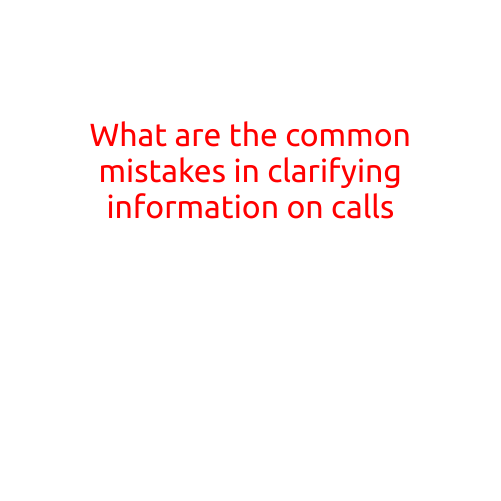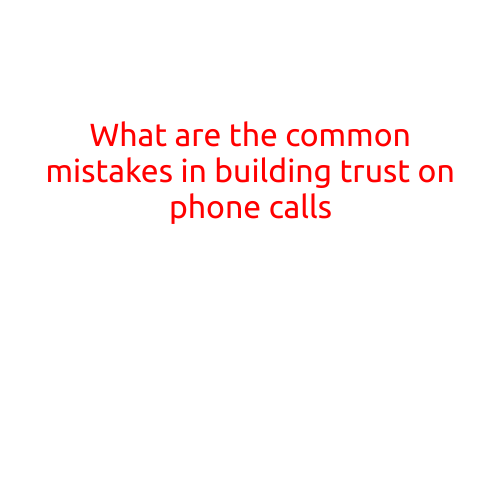
When Should You Deal with Angry Callers?
Dealing with angry callers can be a stressful and trying experience, especially for customer service representatives. It’s natural to feel frustrated or defensive when faced with aggressive and confrontational individuals. However, it’s essential to learn how to handle these situations professionally and effectively. In this article, we’ll explore the importance of dealing with angry callers and provide tips on how to manage them.
Why Deal with Angry Callers?
Dealing with angry callers may seem like a daunting task, but it’s crucial for maintaining a positive reputation and providing excellent customer service. Angry callers can be a valuable source of feedback, helping companies identify areas for improvement and enhance their products or services. Moreover, effectively resolving anger and frustration can result in increased customer loyalty and a positive word-of-mouth.
When to Deal with Angry Callers
Not all angry callers require immediate attention, and it’s essential to determine when to intervene. Here are some scenarios where it’s necessary to deal with angry callers:
- Critical Issues: When a customer is upset about a critical issue, such as a service outage or a faulty product, it’s crucial to address their concerns promptly. Delaying or ignoring these issues can lead to further frustration and potential damage to the company’s reputation.
- Escalating Situations: If an angry caller is becoming increasingly agitated or using abusive language, it’s essential to step in and de-escalate the situation. Ignoring the situation can lead to further escalation and even physical harm to the customer service representative.
- Repeating Concerns: If a customer is repeatedly bringing up the same issue or concern, it’s necessary to investigate and resolve the problem. Failing to do so can indicate a deeper issue, such as a systemic problem or inadequate training.
Tips for Dealing with Angry Callers
Dealing with angry callers requires empathy, Active Listening, and effective communication. Here are some tips to help you manage these situations:
- Stay Calm: Maintain a composed demeanor, even when faced with aggressive language or behavior.
- Acknowledge Their Anger: Show empathy and validate the customer’s feelings by acknowledging their anger or frustration.
- Listen Actively: Pay attention to the customer’s concerns and ask clarifying questions to understand their issue.
- Empathize: Put yourself in the customer’s shoes and try to understand their perspective.
- Focus on Solutions: Work with the customer to resolve the issue, rather than getting bogged down in details or arguing.
- Take Ownership: Take responsibility for resolving the issue, even if it’s not your direct responsibility.
- Offer Compensation: Consider offering compensation or a gesture of goodwill, especially if the customer has experienced a significant inconvenience.
Conclusion
Dealing with angry callers requires a combination of empathy, Active Listening, and effective communication. By understanding when to intervene and using the tips outlined above, customer service representatives can effectively manage these situations and provide excellent customer service. Remember, dealing with angry callers is not only important for resolving issues but also for maintaining a positive reputation and increasing customer loyalty.





